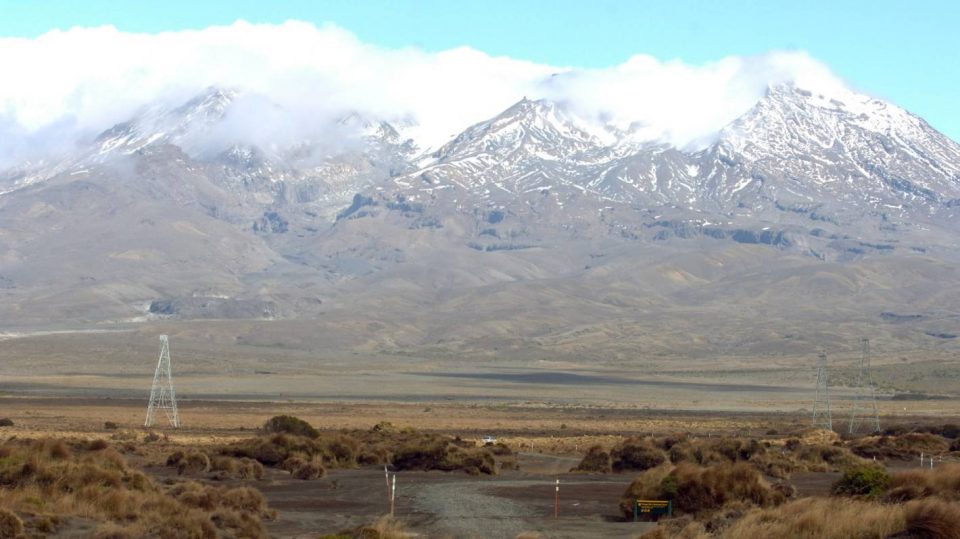Ross Setford
Ruapehu District Council voted to establish Māori Wards, but will have to hold a poll instead after a petition.
As tensions over the establishment of Māori wards on local councils boil over into physical fracas, an academic is calling on central government to step in.
A confrontation over a petition on Māori wards in the Ruapehu District, which resulted in police being called, has highlighted the fraught issue being grappled with by small councils.
Many have voted for Māori wards and now face pushback from a national lobby group mobilising cash and volunteers.
In October 2020 the Ruapehu District Council voted to establish Māori wards for the next local body election. It’s among a long list of councils to so, including Taupō, Gisborne and South Taranaki.
READ MORE:
* Flyer opposing Māori wards ‘undermining democracy’
* Don Brash and Māori Council open to having ‘cup of tea’ after trading insults
* ‘Divisive group of haters’ in Hobson’s Pledge must be investigated, Māori Council says
However, a council’s decision on Māori wards can be overturned if more than 5 per cent of electors (in Ruapehu’s case 385 people) request a poll of ratepayers, which then results in a ‘no’ vote.
The lobby group Hobson’s Pledge, led by former National Party and ACT leader Don Brash, campaigns against Māori seats and is funding mail drops and organising petitions to force a poll in districts where Māori seats have been established by council votes.
In Saturday’s incident in Taumarunui, resident Fiona Chase (Ngāti Tūwharetoa, Ngāti Hauā and Ngāti Hauaroa) , said those collecting signatures were not clear to those signing it what the issue was and that it’s result was a likely overturn of plans for a Māori ward in the district.
She told Stuff her cousins who had signed it had been misled, and she grabbed the petition from two men counting signatures at the local BP station.
A fracas ensued during which Chase alleges one man grabbed her arm and she was punched.
Police were called and confirmed to Stuff they were investigating the incident.
Mike Butler, who was collecting signatures on behalf of Hobson’s Pledge in Taumarunui the day before the incident said he had been told by the petition collectors present that Chase had started yelling and tried to grab the clipboard and destroy the petition forms.
Two people collecting signatures in Ruapehu were associated with Hobson’s Pledge but the others were not and had just asked to be involved.
He said the claim that the group was misleading people was incorrect and the petition form showed what it was for. He said the pitch by the signature collectors was the same as the text on the petition form.
“No one was misled.”
Christel Yardley/Stuff
Alexander Gillespie says with many councils grappling with the issue of Māori wards, central governmetn needed to provide guidance.
Alexander Gillespie, professor of international law at the University of Waikato, said national guidance was needed on an issue faced by so many small councils.
“It would be easier if Government said ‘this is what a good proportion looks like in the community’ rather than every community trying to fathom the question.
“National guidance is what we really need right now.”
Despite claims from Hobson’s Pledge they only wanted ratepayers to have a say on Māori wards, Gillespie said democracy didn’t ensure representation for all sectors of society.
The overwhelmingly older and Pākehā voter turnout in local body electorates generally preserved the status quo, in which Māori were not widely represented.
“One of the core things [in the Treaty] is partnership, and it’s how you enact those partnerships and it’s making sure you have broad representation.”
Under current legislation the results of a poll are binding – after the general election, Local Government Minister Nanaia Mahuta stated she wanted to remove the poll provision.
No timing has yet been given for a change in the legislation, but the Government is set to make an announcement in the coming weeks.
Ruapehu District Council group manager customer services Pauline Welch said the process for a poll, if the numbers were met, would begin once the petition was received.
Ngāti Tūwharetoa, one of the iwi affiliated to the region, declined to comment saying it was an issue for the council.


